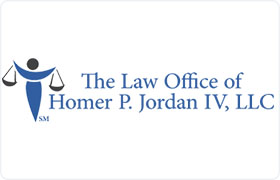Marietta Child Custody Lawyer, Georgia
Sponsored Law Firm
-
 x
x

Click For More Info:
-
The Law Office of Homer P. Jordan IV, LLC
125 Townpark Drive Suite 300 Kennesaw, GA 30144» view mapDivorce & Family Law Legal Solutions for a Brighter Tomorrow
At The Law Office of Homer P. Jordan IV, LLC in Kennesaw, we are dedicated to helping clients throughout the Atlanta area, including Cobb, Cherokee and Paulding counties.
800-590-3350
Includes: Guardianships & Conservatorships, Custody & Visitation
Vic Brown Hill
✓ VERIFIEDMr. Hill is first and foremost a trial attorney that limits his practice to divorce and other domestic relations cases. Mr. Hill holds a peer review r... (more)
Robert G. Wellon
Robert G. Wellon has Over 40 Years of Litigation Experience in Atlanta.
Ronald Baker
✓ VERIFIEDRonald Baker is a practicing lawyer in the state of Georgia, District Courts of Colorado, with District of Columbia (DC) Pending.
Allen R. Hirons
FREE CONSULTATION
CONTACTAmy K. Wallas
Deborah M. Lubin
Miracle C. Jackson
FREE CONSULTATION
CONTACTStephen C. Steele
Parisa Herrin
FREE CONSULTATION
CONTACT Homer Jordan Kennesaw, GA
Homer Jordan Kennesaw, GA AboutThe Law Office of Homer P. Jordan IV, LLC
AboutThe Law Office of Homer P. Jordan IV, LLC Practice AreasExpertise
Practice AreasExpertise



